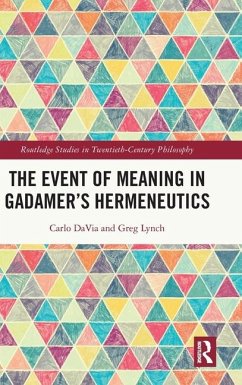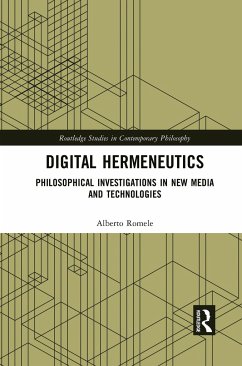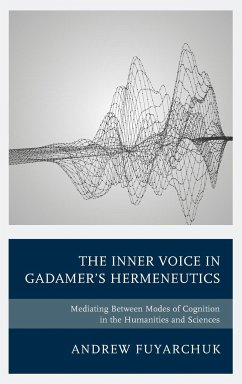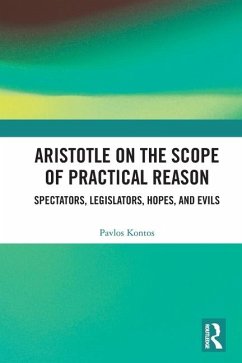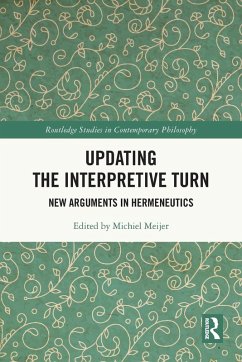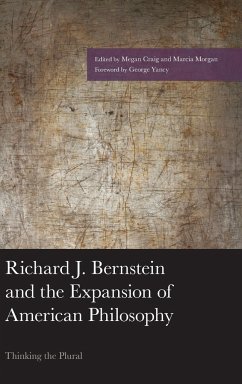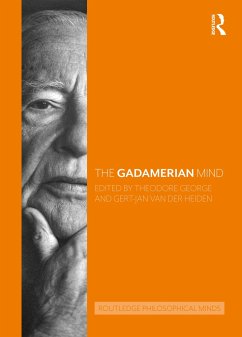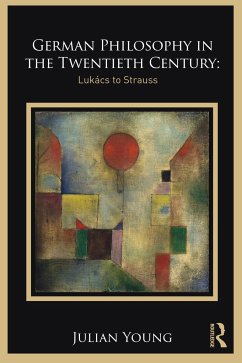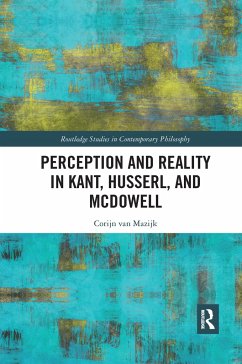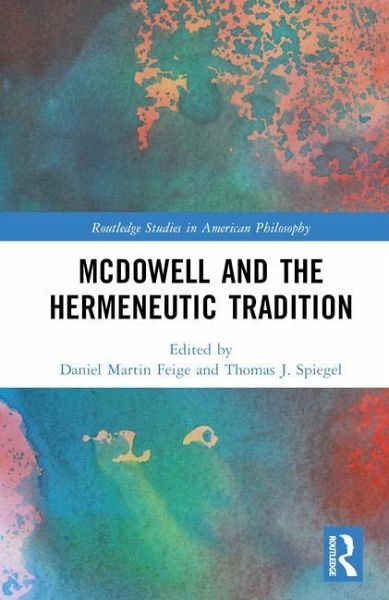
McDowell and the Hermeneutic Tradition
Versandkostenfrei!
Versandfertig in 6-10 Tagen
154,99 €
inkl. MwSt.

PAYBACK Punkte
77 °P sammeln!
This volume explores the connections between John McDowell's philosophy and the hermeneutic tradition. The contributions not only explore the hermeneutical aspects of McDowell's thought but also ask how this reading of McDowell can inform the hermeneutical tradition itself.John McDowell has made important contributions to debates in epistemology, metaethics, and philosophy of language, and his readings of Aristotle, Kant, Hegel, and Wittgenstein have proved widely influential. While there are instances in which McDowell draws upon the work of hermeneutic thinkers, the hermeneutic strand of McD...
This volume explores the connections between John McDowell's philosophy and the hermeneutic tradition. The contributions not only explore the hermeneutical aspects of McDowell's thought but also ask how this reading of McDowell can inform the hermeneutical tradition itself.
John McDowell has made important contributions to debates in epistemology, metaethics, and philosophy of language, and his readings of Aristotle, Kant, Hegel, and Wittgenstein have proved widely influential. While there are instances in which McDowell draws upon the work of hermeneutic thinkers, the hermeneutic strand of McDowell's philosophy has not yet been systematically explored in depth. The chapters in this volume open up a space in which to read McDowell himself as a hermeneutic thinker. They address several research questions: How can McDowell's recourse to the hermeneutical tradition be understood in detail? Besides Gadamer, does McDowell's work implicitly convey and advance motives from other seminal figures of this tradition, such as Heidegger and Dilthey? Are there aspects of McDowell's position that can be enhanced through a juxtaposition with central hermeneutic concepts like World, Tradition, and Understanding? Are there further, perhaps yet unexplored aspects of McDowell's infl uences that ought to be interpreted as expressing hermeneutic ideas?
McDowell and the Hermeneutic Tradition will appeal to researchers and advanced students working in American philosophy, Continental philosophy, hermeneutics, history of philosophy, philosophy of language, and epistemology.
John McDowell has made important contributions to debates in epistemology, metaethics, and philosophy of language, and his readings of Aristotle, Kant, Hegel, and Wittgenstein have proved widely influential. While there are instances in which McDowell draws upon the work of hermeneutic thinkers, the hermeneutic strand of McDowell's philosophy has not yet been systematically explored in depth. The chapters in this volume open up a space in which to read McDowell himself as a hermeneutic thinker. They address several research questions: How can McDowell's recourse to the hermeneutical tradition be understood in detail? Besides Gadamer, does McDowell's work implicitly convey and advance motives from other seminal figures of this tradition, such as Heidegger and Dilthey? Are there aspects of McDowell's position that can be enhanced through a juxtaposition with central hermeneutic concepts like World, Tradition, and Understanding? Are there further, perhaps yet unexplored aspects of McDowell's infl uences that ought to be interpreted as expressing hermeneutic ideas?
McDowell and the Hermeneutic Tradition will appeal to researchers and advanced students working in American philosophy, Continental philosophy, hermeneutics, history of philosophy, philosophy of language, and epistemology.





